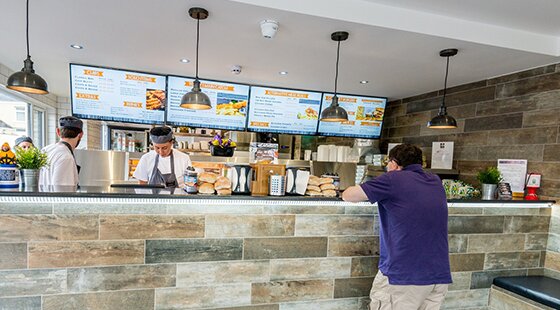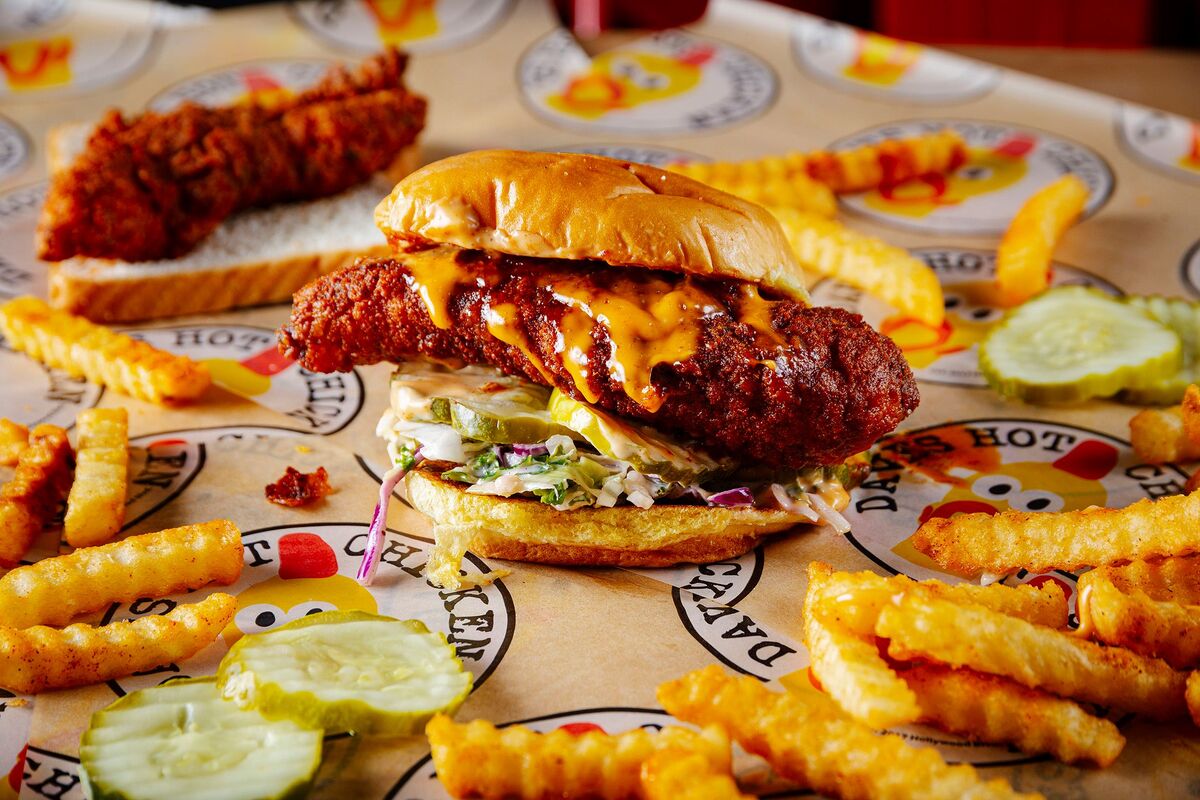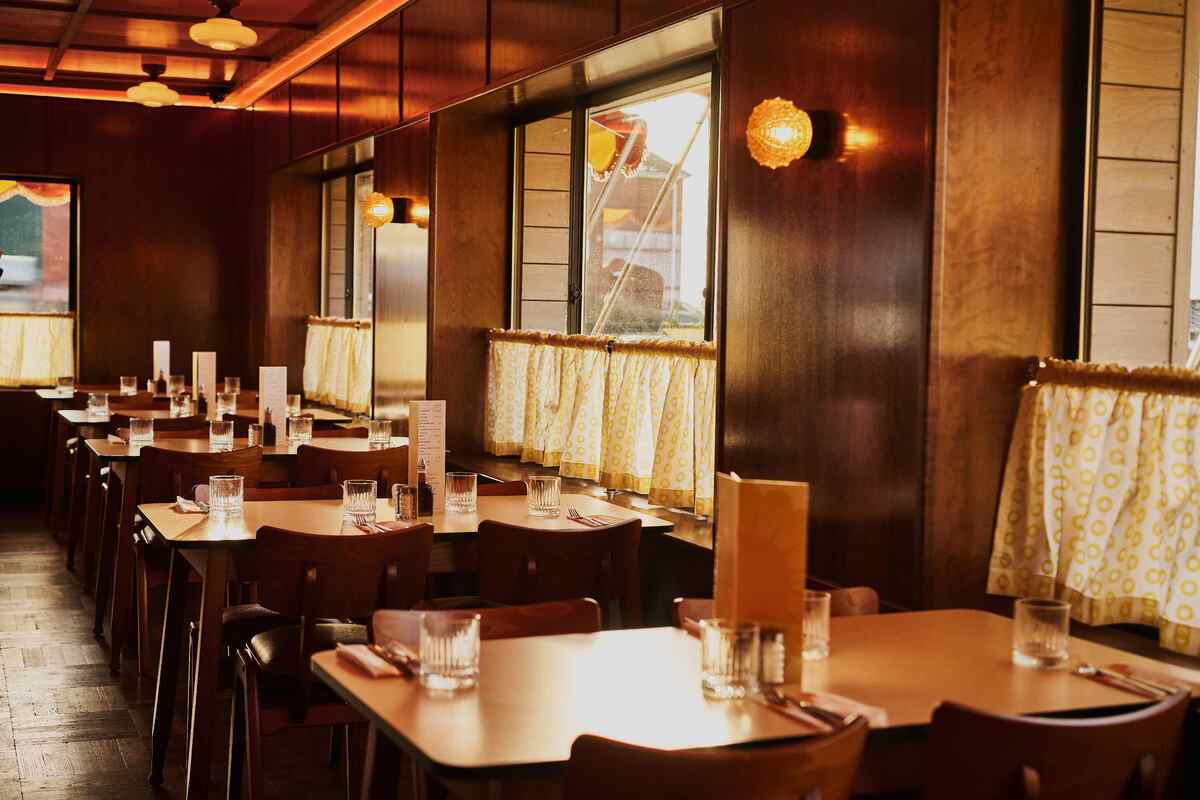Fried shark species back on the menu for UK fish and chip shops
A locally caught shark species could return to menus at fish and chip shops and restaurants across the UK following a change in government rules.
On 1 April, commercial fishermen were given permission to catch north-east Atlantic spurdog in UK waters.
The species, also known as rock salmon or spiny dogfish, had been on the prohibited list in UK and EU waters for around five years, but was removed after the International Council for Exploration of the Sea (ICES) advised that stock is recovering in the region.
The fish is known to have a meatier, firmer texture and a stronger flavour compared to cod or haddock.
Lucas Lambrou, owner of the Fish Inn in Essex, has been serving sustainably sourced American spurdog at his shop, which first opened in 2007.
He said: “It is fantastic news that we can sell [UK spurdog] and it really is great that we can now support local fishermen. Spurdog is traditionally more of a fish tried in the London area and we have a lot of ex-London residents that move out to the coast to retire here, so it is popular.”
Richard Long, director of Harlees Fish & Chips, which has branches in Poole Quay, Verwood, Corfe Mullen, Swanage, and Wiltshire, said he stopped selling imported spurdog four years ago due to a lack of sales.
However, he said it was “very positive” that spurdog fishing was now allowed into British waters as it could “help prevent losses of other fish”, including more popular varieties like cod and haddock.
Andrew Crook, chair of the National Federation of Fish Friers (NFFF), said: “As long as it’s sustainable, [spurdog] is going to be a good thing. It only really affects the south coast and south-east as there’s not a big market for it elsewhere, but it’s going to be a good thing for local fishermen.”
The change in regulations comes at a time when fish and chip chops are struggling with soaring inflation, including in prices of fish, cooking oil and potatoes.
Crook told The Caterer that fish costs have risen from £7 a kilo in late 2021 to over £11 a kilo from March 2022, while potato prices in some regions have almost doubled from £8 a sack to £15 since Christmas last year.
The price of sunflower oil has fallen from its peak of £50 for a 20-litre tub during the start of the Russian invasion of Ukraine to £43, but Crook said it used to cost £20 before the conflict.
Last March, the industry was also hit by a 35% tariff on Russian-imported white fish. According to the NFFF, half of the sector’s white fish came from Russia.
“I’ve still got one fish and chip shop that went bust last year that I rented out and it’s still empty,” said Crook. “I might have to advertise it freehold and let somebody else have a crack at it as a takeaway.”
He added: “We had the busiest Good Friday we’ve ever had, so the trade is there. There’s just no profit, that’s the problem.”
Image: Pepgooner / Shutterstock















